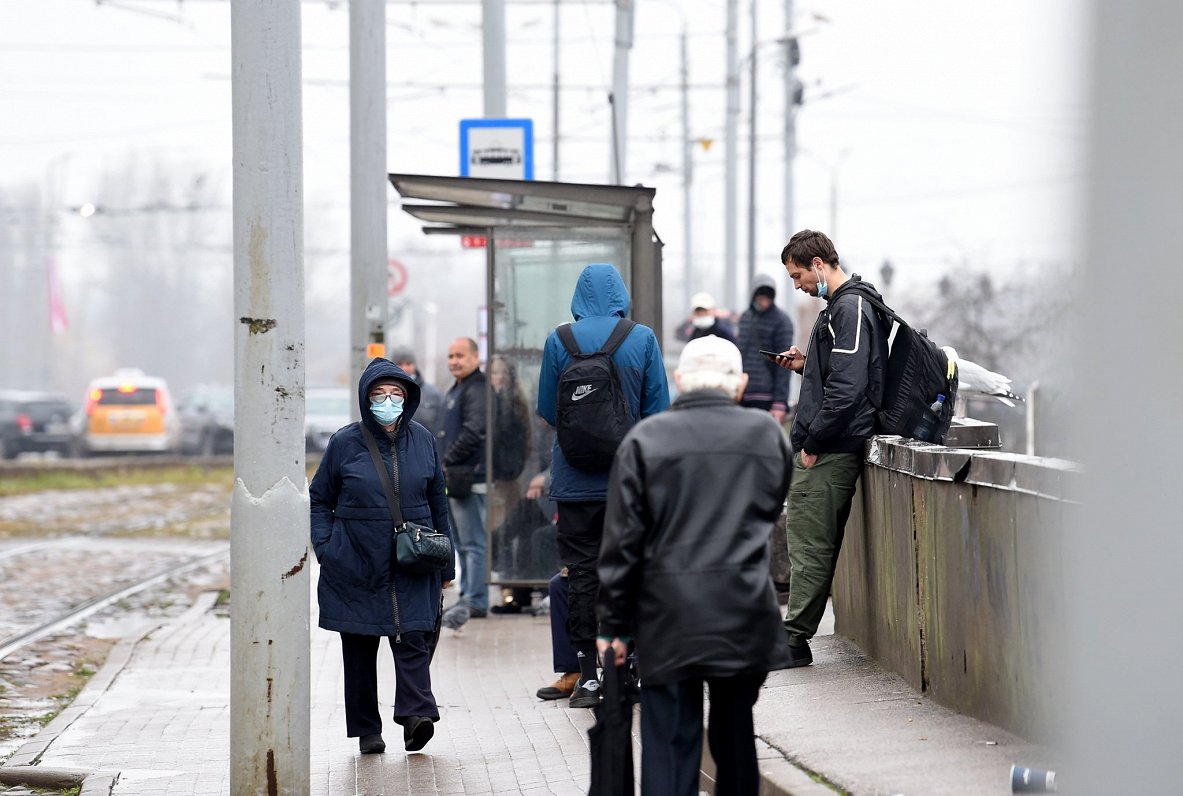There is a high probability that increasing prices will require support for households at risk of poverty, which will lead to another wave of fiscal deficits and sovereign debt growth.
The FDP noted that prices of energy resources, particularly gas and oil, will continue to rise, while food and production raw material prices will also rise, but it is not possible to set the highest point of inflation development at the moment.
"The cumulative effect of sanctions will negatively affect Latvian citizens, particularly the disadvantaged, and also Latvian companies whose business is linked to exports to and imports from Russia, Belarus and Ukraine, which can lead to company bankruptcies," said the FDP. A decline in private investment and private consumption is expected. Meanwhile, the high inflation rate is likely to result in a rise in lending rates.
The Council mentioned the impact of negative changes on a large number of economic sectors, such as production, agriculture and services. Primary will be suffered by manufacturing companies that use materials imported from Russia, such as metals (iron and steel) and wood. The agricultural sector, both globally and locally, will be affected by rising prices for mineral manure and potential supply disruptions. This, along with rising fuel prices, will lead to a significant increase in food prices.
Energy-intensive Latvian companies, especially manufacturers of construction materials, will be negatively affected due to the rise in energy prices. The Latvian transport sector and the tourism sector will suffer due to sanctions. Rapid structural changes in the labor market can be expected, due to possible corporate bankruptcies or a narrowing of production.
The Council mentioned the expected rapid demand for State aid measures that may exceed the amount of Covid-19 crisis aid. Also, significant increases in defense spending will increase the burden on the fiscal balance.
The Covid-19 crisis has already led to increased public debt and budget deficits, but the impact of a new crisis could be even greater. Therefore, it is currently not foreseeable at what time the government will be able to return to a sustainable fiscal policy. There is a high probability that increasing prices will require support for households at risk of poverty, which will lead to another wave of fiscal deficits and sovereign debt growth.
“The Council has repeatedly warned that it is not desirable to increase public debt because it is important to leave the cushion for a potential crisis in the future. Unfortunately, from the Covid-19 crisis, we have entered the sanctions crisis completely without pause, when respecting fiscal discipline will not be the first priority. In this bleak situation, the positive news is that Latvia's fiscal indicators are relatively good compared to other countries of the European Union. This is a hope that Latvia will succeed in overcoming this crisis," said Inna Šteinbuka, head of the FDP.
The Council endorsed the Finance Ministry's revised predictions on March 9 that significantly cut back on future growth expectations.
Following the Russian invasion of Ukraine and the sharp decline in economic cooperation with Russia and its ally Belarus, the Ministry of Finance revised its macroeconomic forecasts. According to the updated forecasts, the gross domestic product (GDP) will grow by 2.1% this year, after which economic growth will accelerate to 2.5% in 2023, while consumer price growth may reach 8.5% this year, falling to 3% in 2023, though the current geopolitical situation introduces a higher-than-usual degree of uncertainty to all predictions.
The macroeconomic forecasts developed at the beginning of February saw growth projected at 4.0% in 2022 and 3.9% in 2023. Consumer price growth forecasts were 6.2% and 3.1%, respectively.





























